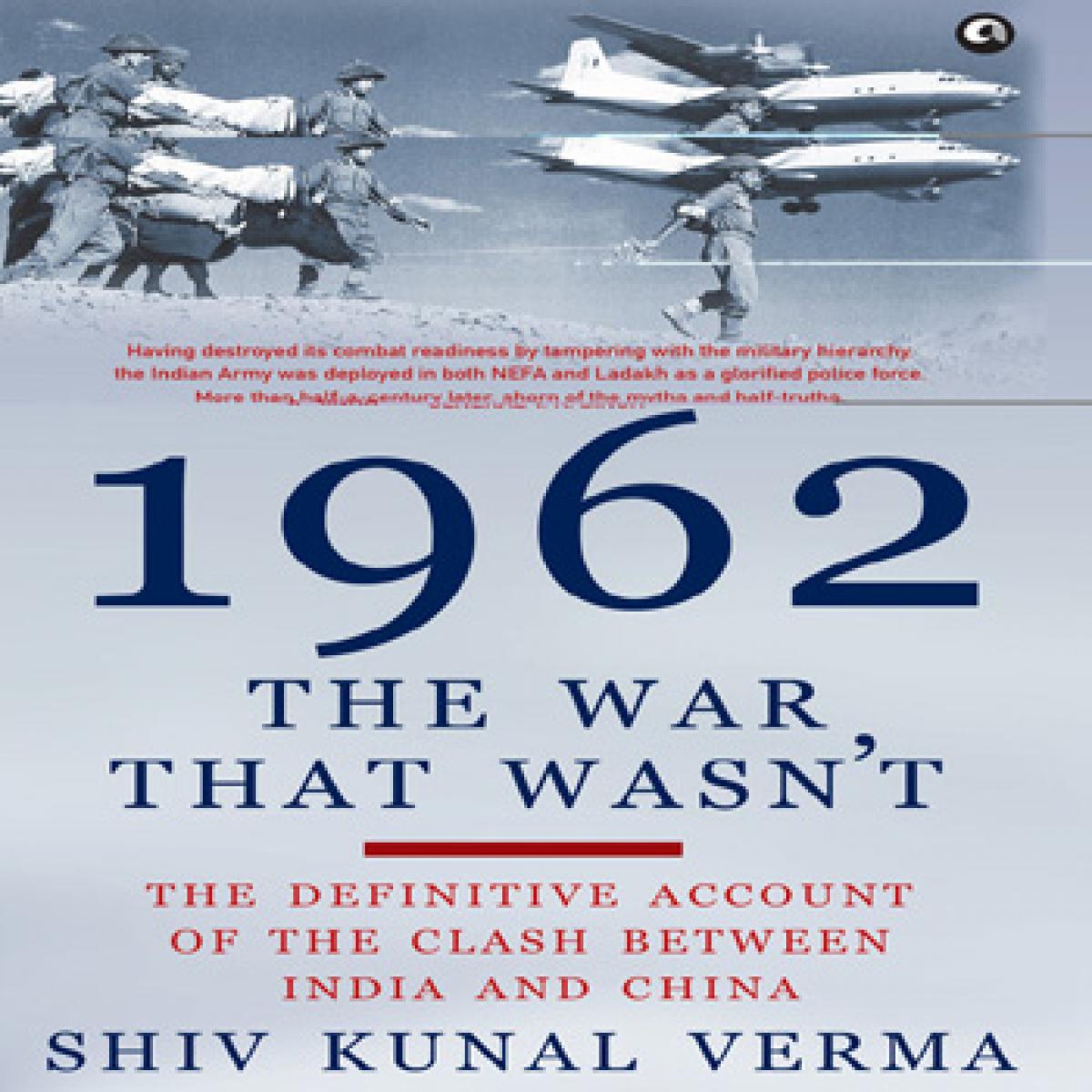Live
- Polarised atmosphere in UP: Will communal discord shape voter behaviour in bypolls?
- 2nd T20I: Nitish Reddy, Rinku Singh hammer fifties as India post 221/9 against Bangladesh
- Women’s T20 WC: Harmanpreet, Smriti smash fifties as India post 172/3 against Sri Lanka
- Indian govt does not understand golf’s potential, says ex-India golfer Amandeep Singh Johl
- Vadodara driver faces legal action for violating emergency barricade on Atal overbridge
- Hacker 'selling' 3.12 cr Star Health customers’ data for $150K, company responds
- RG Kar tragedy: Doctors meet CBI officials, express dissatisfaction over first charge sheet findings
- No counting of votes unless you clean up your mess, Delhi HC tells DUSU candidates
- Rs 100 for Ayudha Puja has been increased to Rs 250 by KSRTC
- JD-U criticises Tejashwi Yadav over his absence during floods









